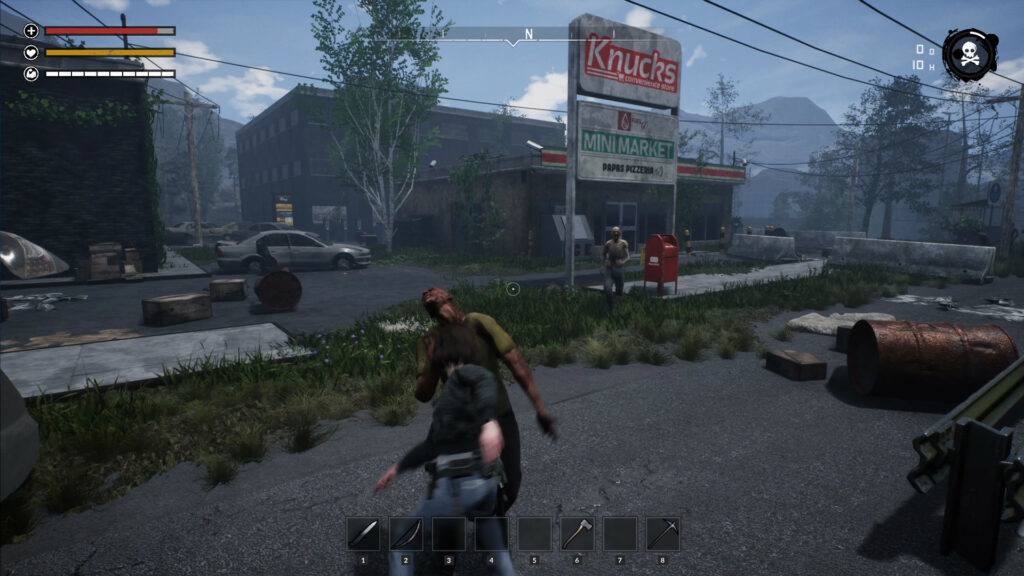

This is because, successful learning requires a student to set goals and then achieve them over and over again. This discordance between goals and actual behaviour is called the “ intention action gap”, and gamification has the potential to close this gap. Part of our thinking behind wanting to teach in this way is because although students enrol at university, they don’t always perform optimally – instead intentions are often derailed by distractions.Īt a psychological level, there are multiple competing signals trying to access behaviour – but only one can win. Points could also be exchanged for powerful incentives, such as being able to choose the topic of their next assignment, or the topic of a future lecture. Points gained allowed students to progress through levels – from “civilian” to “resurrection prevention leader”. These online quiz-based missions prompted students to study the module materials between lectures to earn points. In addition to themed lectures and materials, the presence of actors and a storyline that was influenced by choices made by the class, students were given weekly “missions” by key characters in the game. The documents explained the game, and that the module had been gamified to enhance their learning. They were given a brown envelope containing “top secret” documents about their mission fighting the infection. Stay safe, stay alert, and avoid the Infected.Ĭuriosity piqued, the class arrived at their first lecture of the semester to be greeted by “military personnel” who demanded they be scanned for infection prior to entry. The risk of infection is high, please report to the safe quarantine zone in Pontio Base Five at 1200 hours on Friday 30 September. Notice to all civilians: this module will run a little differently. And it started when they received this message, after they enrolled on the course: Here, students on the undergraduate course in behavioural psychology had one of their modules fully gamified. This is also exactly what we’ve done at Bangor University. It does this by helping users adopt new habits, develop a talent, learn or improve a skill, strengthen a relationship, make a physical or athletic breakthrough, complete a meaningful project, or pursue a lifelong dream. This can be seen in Jane McGonigal’s game and app Superbetter, which helps people live better lives by living more “gamefully”.


 0 kommentar(er)
0 kommentar(er)
